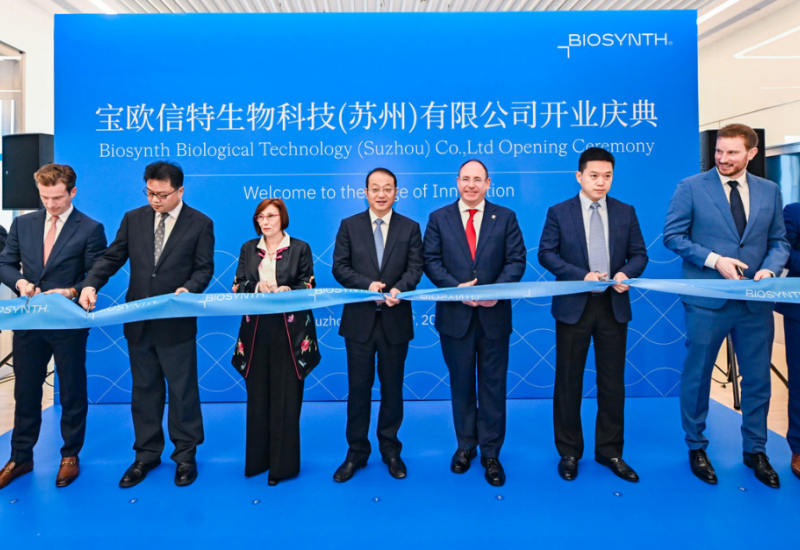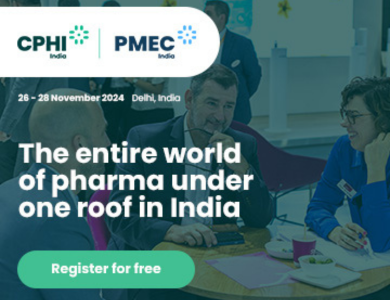Siegfried opens drug substances R&D centre
Swiss CDMO Siegfried has inaugurated its new global R&D centre for drug substances at its site in Evionnaz. The 4,500 m2 centre houses chemical and analytical facilities, laboratories and advanced technologies including flow chemistry, distillation and process analytics, plus office space. There are workspaces for over 100 and 40 new jobs have been created.














